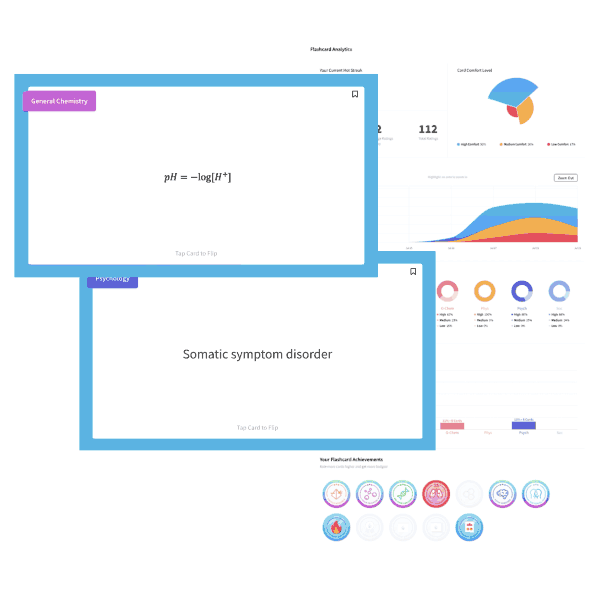Antidiuretic hormone (ADH) is responsible for the retention of water in the body. In the kidney, ADH increases reabsorption at the collecting duct. Which of the following physiological responses will be most likely in a patient suffering from severe dehydration?
- Decreased secretion of ADH resulting in decreased blood volume
- Increased secretion of ADH resulting in decreased blood volume
- Decreased secretion of ADH resulting in increased blood volume
- Increased secretion of ADH resulting in increased blood volume
Click for Explanation
This question is asking you to determine the body’s hormonal response with respect to ADH in the case of a person suffering from dehydration. Dehydration is the result of a low blood volume, which leads to low blood pressure. To maintain homeostasis, the body will attempt to equilibrate by increasing blood volume, which in turn, increases blood pressure. Since ADH increases reabsorption of water from the filtrate to the bloodstream, the body is expected to secrete high levels of antidiuretic hormone, which will cause an increase in blood volume. Thus the correct answer is D.
Want more MCAT practice?
We’ve got options for every schedule and learning style!
From the best online MCAT course created by top instructors with 524+ MCAT scores to the most representative full-length practice exams and private tutoring, we can custom tailor your MCAT prep to your goals!
Not sure which option is right for you? Schedule a free MCAT consultation with an MCAT expert using the form below. No obligation, just expert advice.
Search the Blog

Free Consultation
Interested in our Online MCAT Course, One-on-One MCAT Tutoring or Med admissions packages? Set up a free consultation with one of our experienced Senior Student Advisors.
Schedule NowPopular Posts
-
MCAT Blog What's on the MCAT?
-
MCAT Blog How to Review MCAT Full Lengths

Free MCAT Practice Account
Need great MCAT practice?Get the most representative MCAT practice possible when you sign up for our free MCAT Account, which includes a half-length diagnostic exam and one of our full-length MCAT practice exams.
Learn More






